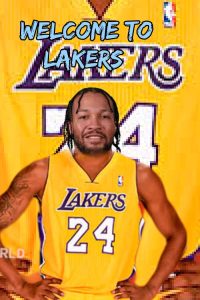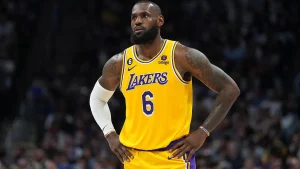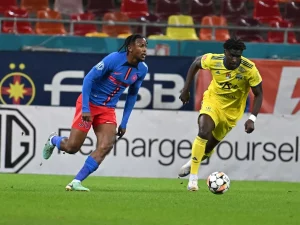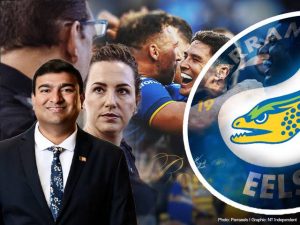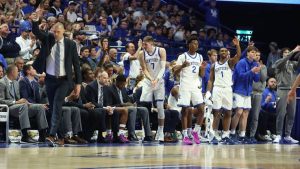
Every NHL Team’s Worst Contract Heading into the 2023-24 Season

One thing we’re guaranteed to hear a lot about this season (and every season, really) is the salary cap and how close teams are to the upper limit.
Relatedly, we’re also going to hear a lot about the players whose deals are most responsible for that and whether they’re living up to that price tag or not. It’s all fun and games on the ice, but off of it, the business of hockey can’t help but be analyzed with an electron microscope.
With the new season approaching, we’re taking a closer look at the books and pointing out one player from each team whose contract is going to make life a bit more difficult for their general manager and resident capologist.
As a caveat, there are some teams that are in prudent financial shape in terms of their contracts, so we had to make some tough decisions regarding the “worst” contract on the roster. No one said this job was easy.
Let’s get to it.



